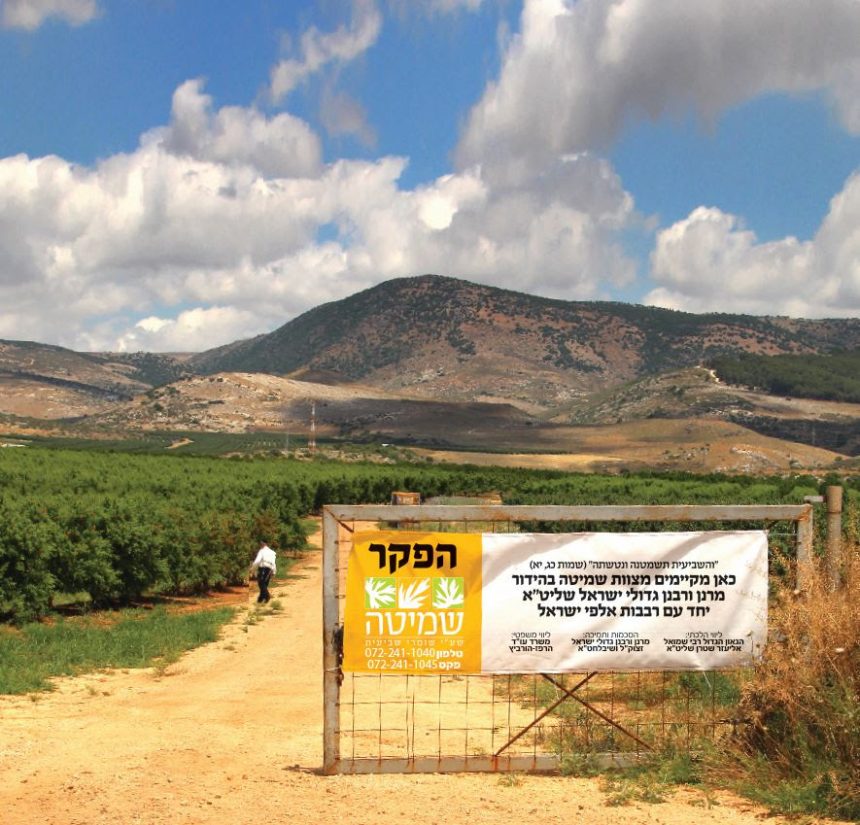And if you will say, ‘What will we eat in the seventh (Shmitta) year? We will not sow nor gather our crops.’ I will give My blessing to you in the sixth year and it will yield enough crops for three years. (25:20-21)
This verse refers to those who keep the laws of Shmitta which essentially prevents them from farming their land and yielding their crops. Despite this tremendous sacrifice, the Torah tells us that the farmers need not worry for if they will ask how they will survive, Hashem will provide them with enough food in the previous year to sustain themselves.
When Rav Moshe Auerbach went to speak to the Chazon Ish to inform him that hiskibbutz desperately needed financial assistance during the Shmitta period,[1] he asked the Chazon Ish how the farmers are going to survive the Shmitta year? The Chazon Ish responded that the Torah had already asked this question in the name of the farmers and had promised that the crops of those who keep Shmitta will be blessed, and ultimately the farmers will not suffer. The Chazon Ish was hinting that one does not need to be too concerned for the farmers because Hashem Himself promises them His blessing.
Rav Moshe however, was not satisfied with the Chazon Ish’s response, and replied that the Torah only addressed the farmers’ question of “What will we eat in the seventh year?” but it does not answer the question that everyone else should ask, “What will they eat in the seventh year?” — meaning that the Torah told the farmers that they should not worry about their livelihood, but that does not exempt others from worrying about them. The Chazon Ish smiled and told Rav Moshe that he was correct and committed to help the farmers.
We see from here the great extent that we must go to in caring for our fellow Jew. Rav Yisroel Salanter famously said that every single character trait can be used to serve Hashem. One of his students asked, ‘How can the trait for apikursus, denial of God be used to serve Hashem?’ Rav Yisroel responded, ‘When someone knocks at your door and asks for money, don’t think ‘Hashem will help this man;’ rather youmust help him as if Hashem does not exist!’
From these two stories we see that we must show great concern for our fellow Jew. Whether it is their financial wellbeing, their health or family relationships, everyone goes through challenges that could be at least partially alleviated by the warmth of a caring soul. And even when it comes to those who appear to not require assistance of any kind we are nevertheless obligated to concern ourselves for their wellbeing.[2]

Rabbi Moshe Kormornick, is the best selling author of SHORT VORT, available in Jewish bookstores worldwide, as well as at Feldheim.com and on amazon.
The book contains over 340 pages of Short Vorts and stories on every Parashah, Yom Tov, and Simcha.
And it’s under $10!
Proudly published by Adir Press. To publish your book, click here







